By planting flowers around their rice paddies, women farmers in Vietnam are saving 42% on insect control costs.
The women, from Tien Giang Province, participated in training to learn how to keep their rice fields ecologically sound and balanced – by planting flowers around them, a practice called “ecological engineering.” The “friendly” insects and other organisms that live in this diverse vegetation around the rice fields help control rice pests such as the brown planthopper.
The misuse of pesticides can break down the natural defenses of rice fields by killing the natural enemies of pests, which can contribute to pest outbreaks. These chemicals are marketed in such a way that farmers may be led to believe that they need to use them, even if they actually don’t.
As part of a joint project between the International Rice Research Institute and the Asian Development Bank, in March 2012, 200 women from 10 districts in Tien Giang were trained on how to preserve the natural diversity of their farms.
“After ecological engineering was introduced, it significantly reduced these farmers’ insecticide use by 21.6%,” said Dr. Monina Escalada, communication consultant. “Their spending for insect control decreased from US$27 to $16, about a 42% decline.
By the winter-spring cropping season of 2012-13, more intensive training for 505 more women on ecological engineering was conducted with farmer groups in 13 villages in Cai Lay District. Women trainees were taught to observe the increase in bees and parasitoids (called small bees) that visit the nectar-producing flowers grown on bunds and to preserve them.
“The flowers bring in numerous bees as well as ‘small bees’ or parasitoids that are important in controlling pests,” said Dr. Ho Van Chien, director of Vietnam’s Southern Plant Protection Center. “Ecological engineering has enabled women farmers to appreciate the value of the ‘small bees’ but consciously protect them from harm by insecticides.”
If the women continue implementing what they learned, Dr. K.L. Heong, IRRI principal scientist, said that, in the long term, households will save as much as $50–100 per season by reducing insecticide inputs and not suffer any production loss.

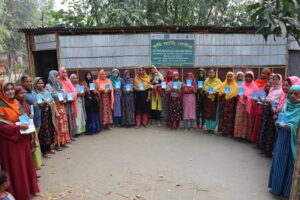
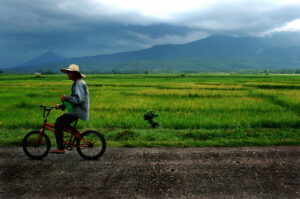

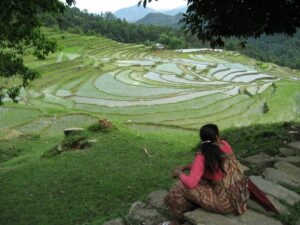
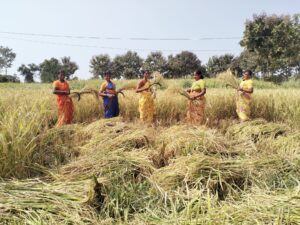
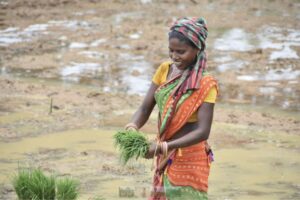
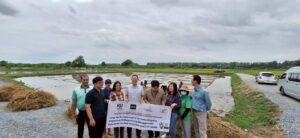
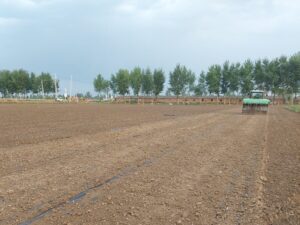
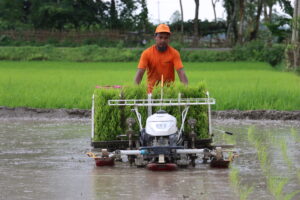

Need more info on the type of flowering plants that were planted on the bunds.